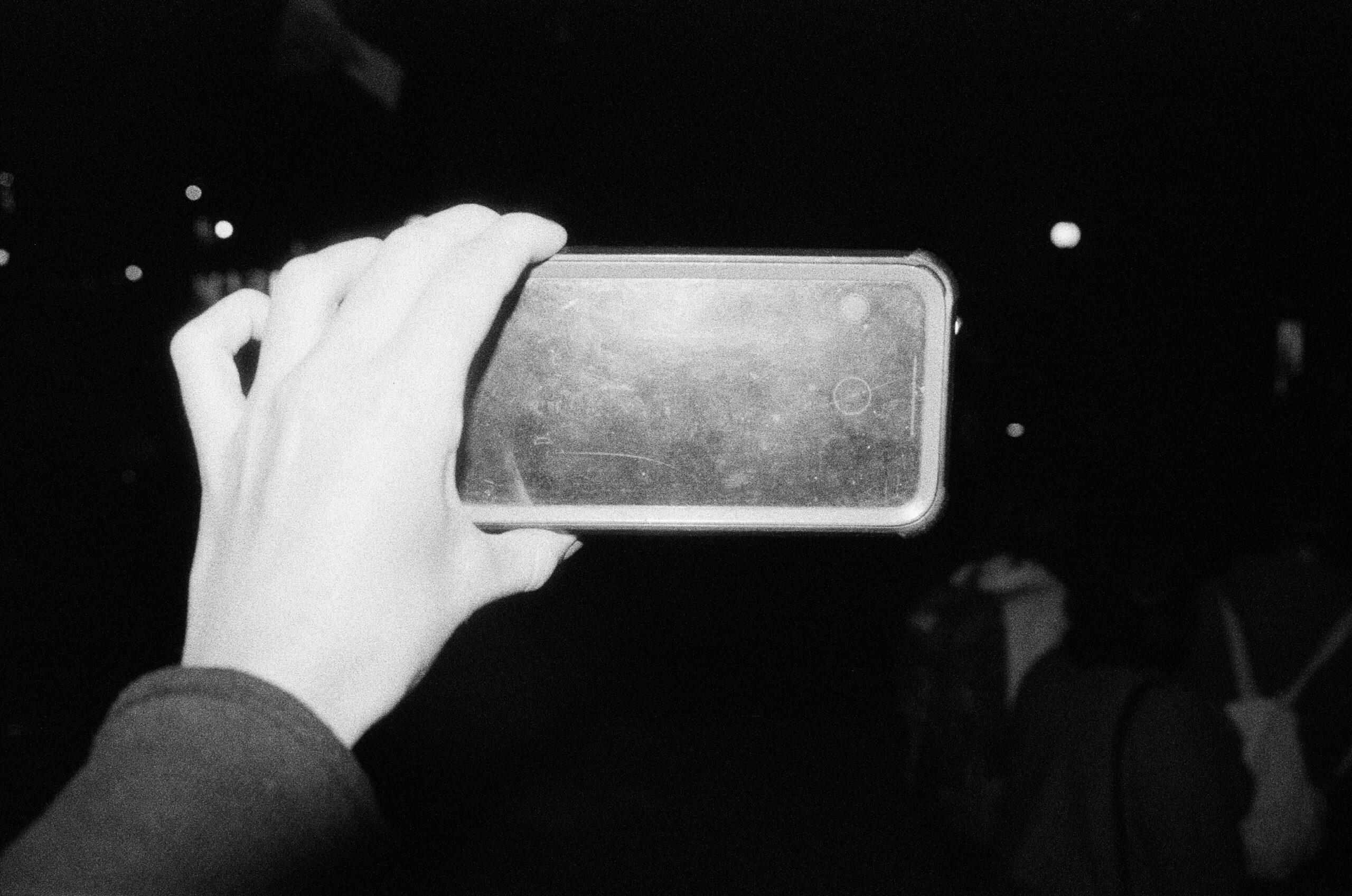Yesterday Riche Barnes and the Association of Black Anthropologists posted the “ABA Statement Against Police Violence and Anti-Black Racism,” on the AAA online community forum. In the statement, Barnes details the continuing struggles in Black communities and calls anthropologists to perform specific actions to support Black Lives Matter. The American Ethnological Society encourages all members to read the ABA statement.
The American Anthropological Association, in its current form, is a far more progressive organization than most professional associations, and anthropology at its best is a discipline that humanizes others. The sections themselves indicate all the institutional work that has taken place in the last 50 years to make the AAA what it is today.
That said, the discipline still has a ways to go in terms of supporting Black and Brown scholars around the world. At our annual meetings many of you probably saw scholars wearing a “Cite Black Women” shirt. This campaign is meant to challenge academics to reflect on whose scholarship is taken seriously. Importantly, who is permitted to theorize?
As part of the AES’s ongoing commitment to move Black and Brown voices from the margins to the center of our discipline, this summer AE is releasing an issue devoted entirely to the Ferguson Uprising of 2014 and its aftermath entitled @Ferguson: Still Here in the Afterlives of Black Death, Resistance, and Joy. The issue is guest edited by Shanti Parikh and JB Kwon and includes the voices of activists, artists, and anthropologists.
We know from the anthropological research of so many brilliant scholars that policing reform is essential in order for our nation to realize its ideals. This is why we stand with BLM, ABA, and AAA against anti-Black racism and appeal to all institutions to commit themselves to equity through structural reforms.
Jacqueline Solway and Carolyn Rouse
President and President-Elect, AES



